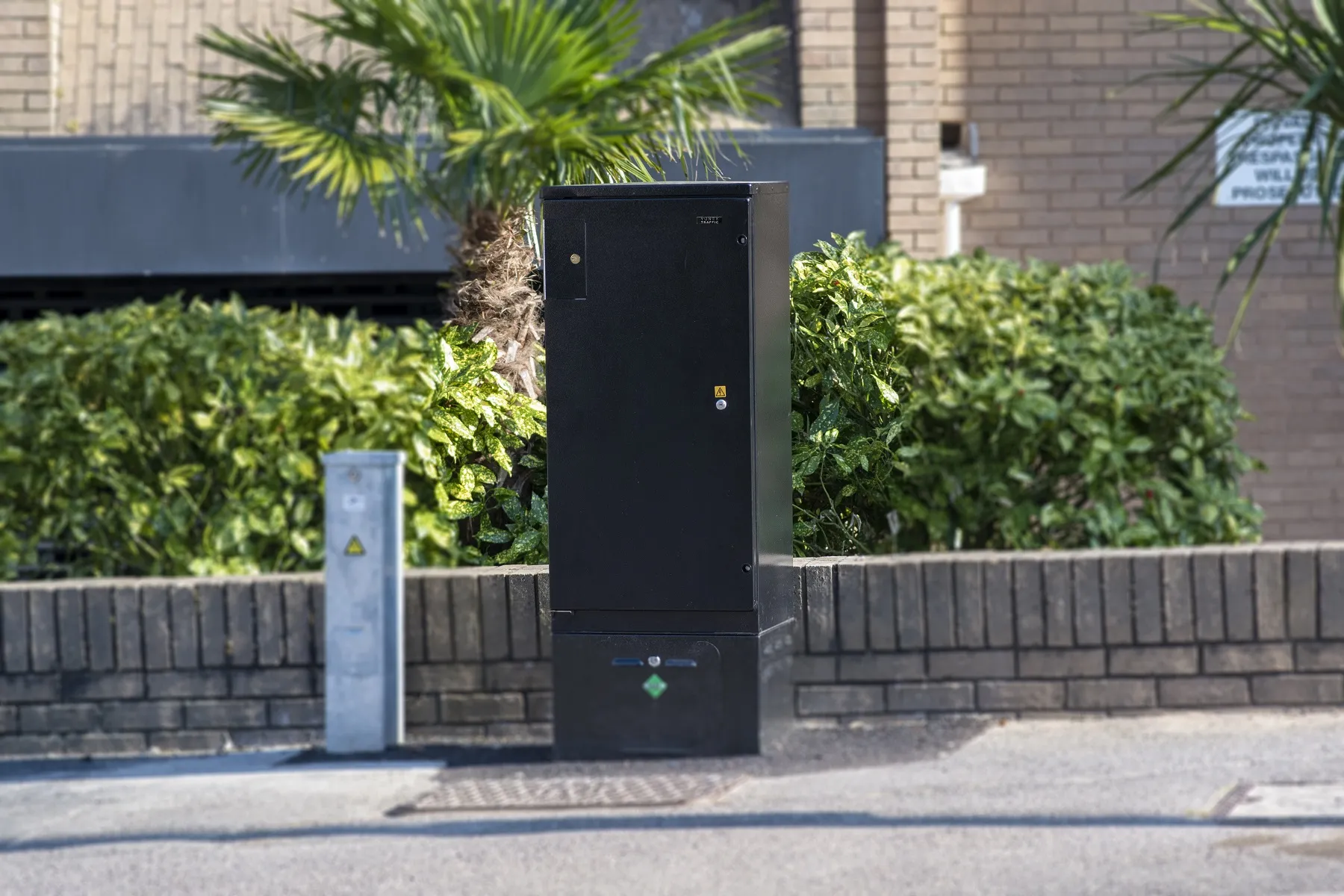
VS-Plus is now available in its version 8 and offers the new ‘open VS-Plus’ module that lets the customer write their own true code snippets, being interpreted at run time. No compilation is needed, full OCIT compliance is guaranteed and no downtime of the intersection is required for program changes.
VS-Plus 8 has now integrated the former research "VS-Plus Net" module that can receive high-level network control commands, and recalculates online signal frames and other relevant parameters to enable network control and generally UTC with distributed intelligence while being capable of handling PT priority in the way VS-Plus is famous for.
Another major enhancement is that VS-Plus 8 is ready for I2V by incorporating a generic phase change prediction data stream and enabling parameter setting for better predictability by offering custom-tailored adaptivity restrictions. VS-PLUS 8 is also ready for V2I by being able to treat map matched GPS positions with usual GPS tolerance of about 15 metres.
Last but not least, VS-PLUS 8 can be used in its emulated PC version together with micro simulators in mesoscopic simulation mode by offering special mesoscopic traffic actuation parameters, if needed.










